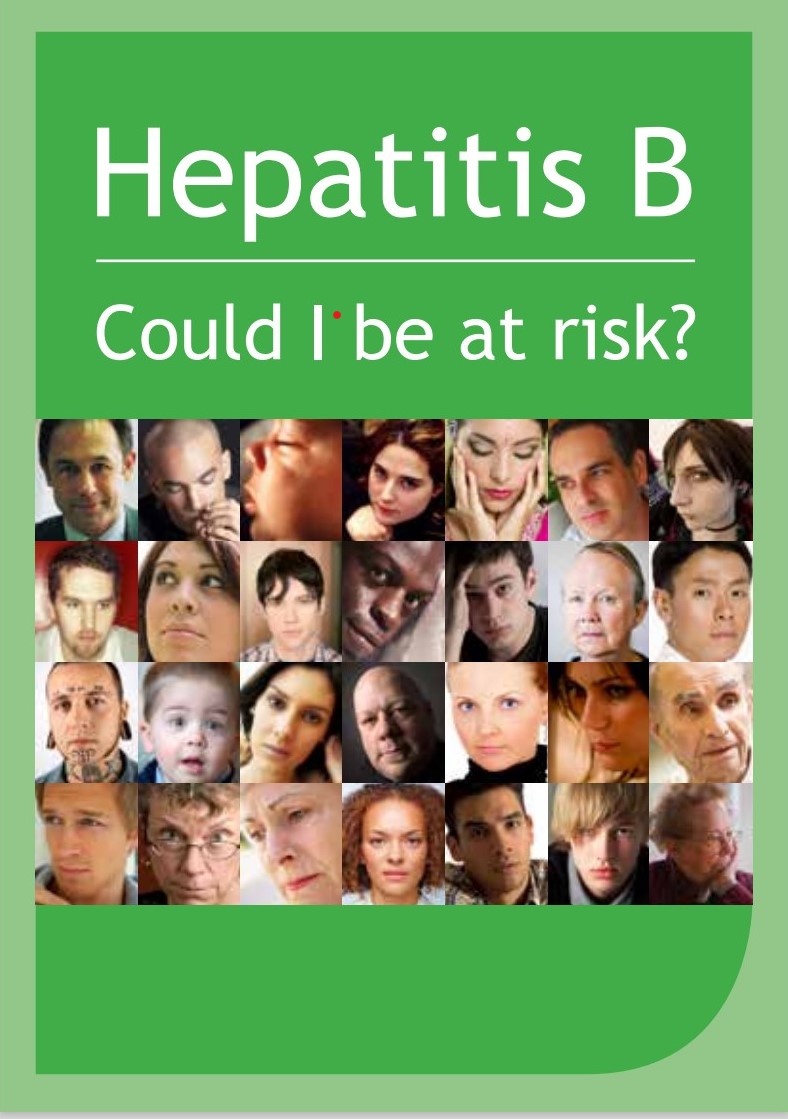As part of World Hepatitis Day 2023 on 28th July we are raising awareness of Hepatitis.
Hepatitis is the term used to describe inflammation of the liver. It’s usually the result of a viral infection or liver damage caused by drinking alcohol.
There are several different types of hepatitis. Some types will pass without any serious problems, while others can be long-lasting (chronic) and cause scarring of the liver (cirrhosis), loss of liver function and, in some cases, liver cancer.
Hepatitis B is caused by the hepatitis B virus, which is spread in the blood of an infected person. In the UK, vaccination against hepatitis B is recommended for people in high-risk groups.
It’s a common infection worldwide and is usually spread from infected pregnant women to their babies, or from child-to-child contact. It can also be spread through unprotected sex and injecting drugs.
Hepatitis B is uncommon in the UK. It most commonly affects people who became infected while growing up in part of the world where the infection is more common, such as southeast Asia and sub-Saharan Africa.
Hepatitis C is caused by the hepatitis C virus. It’s usually spread through blood-to-blood contact with an infected person. In the UK, it’s most commonly spread through sharing needles used to inject drugs. Poor healthcare practices and unsafe medical injections are the main way it’s spread outside the UK.
Hepatitis C often causes no noticeable symptoms, or only flu-like symptoms, so many people are unaware they’re infected. Some people will fight off the infection and be free of the virus. In other cases, it’ll stay in the body for many years.
The leaflets below give you more information on the risks and if you have a concern that you may be infected you should speak to your GP.
Hepatitis B is a liver infection that is spread through blood, semen and vaginal fluids. The chance of getting it in the UK is low. There’s a vaccine if you’re at high risk or travelling to a country where it’s more common.
The infection usually only lasts for a few months, but some people can have hepatitis B long-term.
Vaccination is the best way to prevent hepatitis B. In the UK, the hepatitis B vaccine is given to babies as part of the 6-in-1 vaccine.
Adults only need to get the vaccine if they’re at high risk. You will find more information in the leaflet below.
Hepatitis C is a virus that can infect the liver. If left untreated, it can sometimes cause serious and potentially life-threatening damage to the liver over many years.
There is no vaccine to protect against the hepatitis C virus (HCV) but with modern treatments, it’s usually possible to cure the infection, and most people with it will have a normal life expectancy.
It’s estimated around 118,000 people in the UK had chronic hepatitis C in 2019.
You can become infected with it if you come into contact with the blood of an infected person. You will find more information in the leaflet below.




